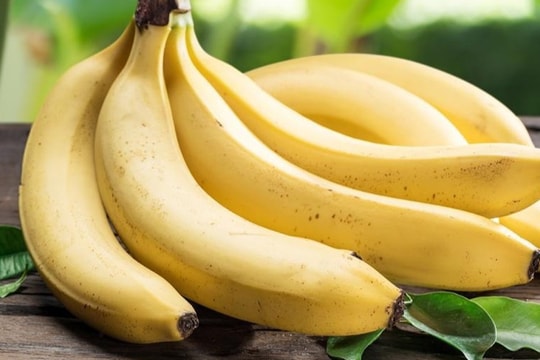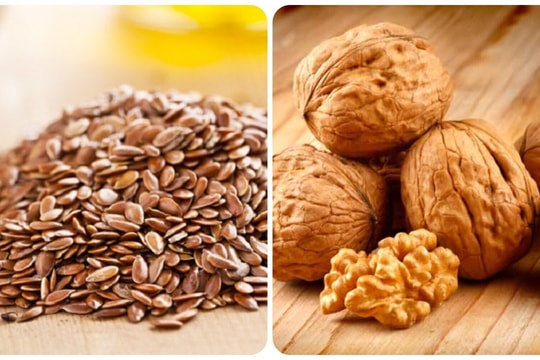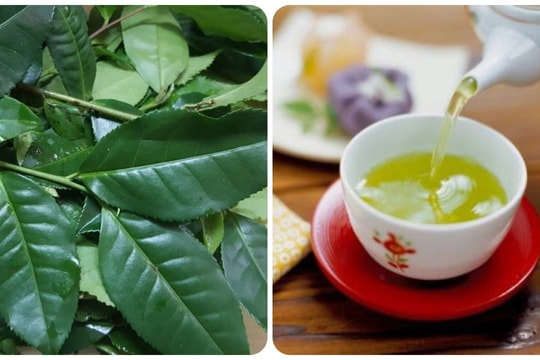Why is mangosteen considered a 'super fruit'?
Mangosteen contains more than 80 different vitamins. This fruit is considered a 'super fruit' thanks to the ingredients it contains. In mangosteen originating from Vietnam, people have found substances with strong enzyme inhibitory activity that contribute to the treatment of diabetes and high blood pressure.
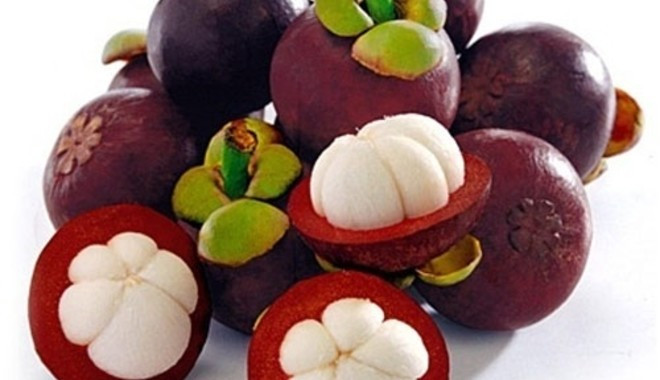 |
| Mangosteen |
Mangosteen, scientifically known as Garcinia mangostana, is a tropical fruit tree native to the Sunda and Moluccas Islands of Indonesia. Mangosteen trees grow mainly in Southeast Asia - in which the soil of Southern Vietnam is very suitable for this tree - and are also found in tropical South American countries such as Colombia, Kerala in India and Puerto Rico...
The fruit of the mangosteen tree is sweet and aromatic, slightly fibrous, with white, juicy segments, a dark purple skin on the outside but a beautiful wine red inside when ripe. In each fruit, the fragrant edible flesh surrounds each seed and each fruit has from 6 to 18 segments, with a distinctive sweet and delicious taste.
Like other fruits, mangosteen is sweet because it contains many sugars such as sucrose, fructose, glucose and possibly maltose which are very beneficial for health.
In addition, in mangosteen originating from Vietnam, people found garcinon A, B, C, D, E, mangostinon, garcimangoson A, B, C, gartanin, egonol, epicatechin, procyanidin and benzophenon glucoside which are substances with strong enzyme inhibitory activity that contribute to supporting the treatment of diabetes, high blood pressure...
Mangosteen also contains a lot of vitamin C and up to 81 other vitamins. This fruit is considered a “super fruit” thanks to the ingredients it contains. Not only is it rich in vitamins, scientists have also measured the concentration of minerals such as iron, phosphorus, calcium and potassium, especially a lot of fiber in mangosteen. Below are some of the benefits of this “super fruit”.
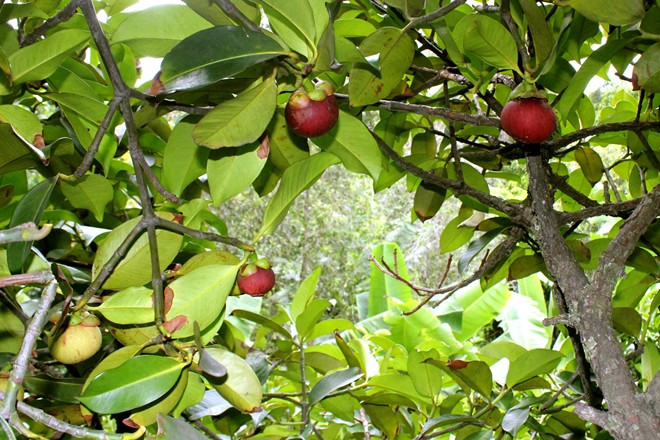 |
| Mangosteen tree |
1. Cure and prevent cancer
Mangosteen can prevent the growth of cells in patients with leukemia, prevent the development of cancer cells in the lung, liver and colon cancer.
2. Prevent heart disease
Heart disease and arteriosclerosis occur when the blood vessels around the heart lose their elasticity. And mangosteen can restore the elasticity of blood vessels through the antimikorbial antioxidants found in abundance in the fruit pulp.
3. Cure asthma
Asthma is considered as a highly fatal disease due to its damage to the respiratory system. Mangosteen would be an ideal alternative medicine for its treatment because it has anti-infective properties and contains anti-allergy agents.
4. Reduce cholesterol
Too much cholesterol sticks to the blood vessel walls. And this condition can be reduced with the nature of xanthones found in mangosteen.
However, you need to be careful when eating mangosteen because if you eat too much, it can cause some mild allergic reactions such as hives, red skin, swelling, itching and rash in sensitive people. It can even lead to more serious symptoms such as swelling of the mouth, lips, throat or chest tightness.
A study by the Memorial Sloan-Kettering Cancer Center (USA) said that consuming mangosteen daily for 12 months can cause severe lactic acidosis. This condition occurs due to an abnormal accumulation of lactic acid in the blood. Symptoms of lactic acidosis include nausea and weakness, and if not treated promptly can cause shock, which is life-threatening.
According to SK&DS
| RELATED NEWS |
|---|



